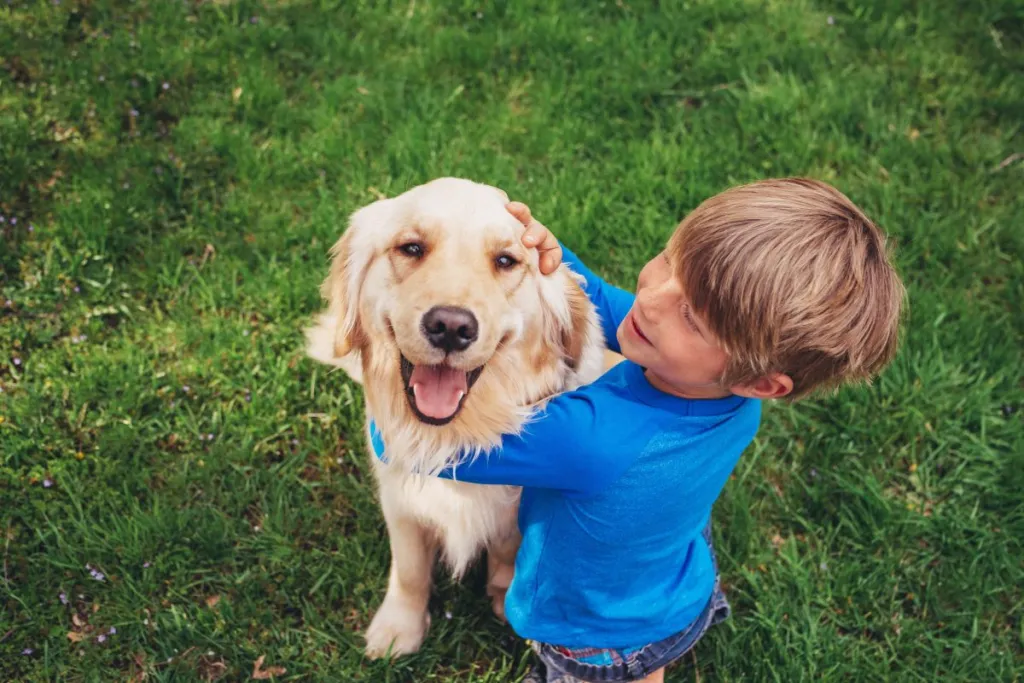Almost every dog seems to have a matching personality type in people’s heads. We think of Golden Retrievers as friendly. Shih Tzus are regal and aloof. Chihuahuas appear to be very nervous. Collies are affectionate. Some stereotypes are cute, while others are harmful.
Most of us know at least one dog who proves that stereotypes about breeds are not always true. However, we have to wonder if certain breeds do, inherently, have distinct personality or behavior traits. Are these traits passed on genetically through breeds?
Researchers undertook an ambitious study to pin down how a dog’s genes and breed affect their behavior and personality. Comparative psychologist Evan MacLean, Ph.D. of the University of Arizona and University of Washington assistant professor Noah Snyder-Mackler, Ph.D. studied 17,000 dogs of different breeds. The researchers then compared the personalities of those dogs to the genomes of 5,700 dogs to see if there is a relationship between DNA and traits.
The result was astounding. They found 14 personality traits showed in 131 sections of the dogs’ DNA. The study used the Canine Behavioral Assessment & Research Questionnaire to determine the traits. This confirmed that almost every breed has a predisposition for specific personality and behavior traits.
Traits that are more common in dogs
The study found that there are three traits that are likely to be heritable in dogs: trainability, chasing, and aggression. Furthermore, other traits found to be inherited by different dog breeds include fear of strangers and other dogs, attention-seeking behavior, sensitivity to touch, and energy level.
Dog breeds naturally behave differently, which makes sense. For instance, even in the wild, canines have certain traits that make them more fit for their environments. Therefore, it follows that dogs bred for specific purposes would be prone to certain behaviors.
However, even though the researchers found a link between dog genes and behaviors, that does not guarantee that a dog of any particular breed will behave a certain way. According to the researchers, the training, environment, and owners will also add to this natural variation.
“While one breed may exhibit more or less of a particular behavior on average, you never know exactly what you are going to get in any individual dog — you only know, on average, what you might expect to get,” said MacLean.
Breed variations may affect exhibited traits. Although, don’t be surprised to see an aggressive Golden Retriever or a very outgoing Shih Tzu. It’s the wonderful world of differences in action.
Genetic studies on dogs
This is not the first genetic study on dogs. A previous study found a potential link between mutated genes and dog friendliness. This study suggests that genetic mutations might partially explain why dogs are more naturally affectionate towards humans than their wolf cousins are.
Domestication may be a factor in the mutations. Interestingly, those mutated genes correspond to genes found in humans that affect friendliness. For instance, people who have Williams-Beuren syndrome, a condition that makes people more sociable and friendly, have variations in these genes, too.
However, keep in mind that the way you train, raise, and care for a dog are often far more important factors for determining their behaviors and personality later in life. Just because you get a dog of a certain “friendly” breed doesn’t mean you can skip training.
Related articles:
Dog Training: The Fundamental Guidelines for Training Any Dog









